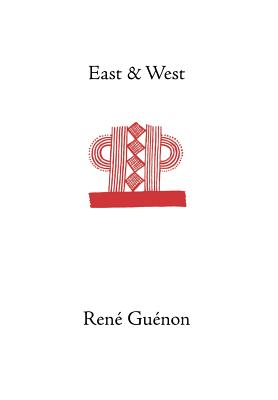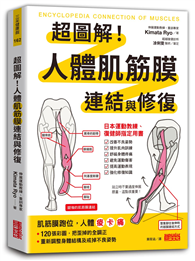In East and West Gu non diagnoses the fundamental 'abnormality' of Western civilization vis- -vis the traditional civilizations of the East, suggests avenues by which the West might be 're-oriented' toward the fundamental metaphysical principles it has largely abandoned, and outlines the possible role of a restoration of true intellectuality in this task. Of course, East and West are no longer what they were in Guenon's time. The aggressive rationalism and materialism of post-Christian Western culture has become a worldwide phenomenon, and no longer corrodes the philosophical and cultural underpinnings of the West only: it has infiltrated distorted forms of Eastern spirituality and metaphysics, incited fundamentalist reactions the world over, and, thanks to the pervasive internet, wields previously unheard of influence. And so today we have an East largely inflamed with a desire to surpass the West in materialism, and a West sodden with moral and spiritual degeneracy. Nonetheless, fruitful exchanges between traditional Christianity and Eastern religions have also taken place on an unprecedented scale, though marred by an ongoing temptation to ill-informed syncretism. In such a milieu, Gu non's East and West, read with an eye to events of recent decades, delivers a stunning intellectual punch. But the East is always the East: the place where the sun rises, the point of recollection and return to the Source. And the West is always the West: the place of the full manifestation of possibilities (including the most degenerate), of the tendency to dissipation and dissolution; the point where the sun sets. In postmodern, global culture, we are all more or less forced to be 'Westerners' outwardly; our only recourse under these circumstances may be to become 'Easterners' within.











